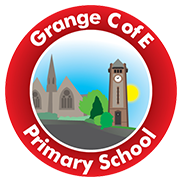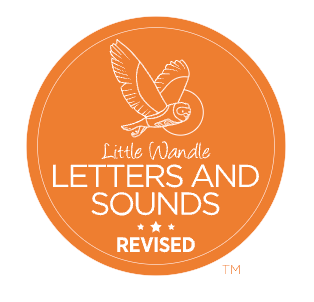Modern Foreign Languages
Modern Foreign Language - French
‘I hear, and I forget, I see, and I remember, I do, and I understand.’
Chinese Proverb
Intent
Our intent is that all pupils will develop a genuine interest and positive curiosity about foreign languages, finding them enjoyable and accessible. Learning a MFL will also offer pupils the opportunity to develop a deeper understanding of other cultures and the world around them with a better awareness of self, others and cultural differences. The intention is that they will be working towards becoming life-long language learners, being confident to communicate with others.
We aim to embed the skills of listening, speaking, reading and writing necessary to enable children to use and apply their French learning in a variety of contexts and lay the foundations for future language learning. From the first lesson we want children to feel comfortable to express themselves in French though learning language using visual, auditory and kinaesthetic tools.
Implementation
Our MFL curriculum is designed to progressively develop children’s skills in languages, through weekly taught French lessons in KS2 delivered by our language specialist teacher Madame Cook. Children progressively acquire, use and apply a growing bank of vocabulary organised around topics which build each year on prior learning and are revisited as a spiral curriculum. Lessons are progressive within themselves as subsequent lessons build on the language and knowledge taught in previous lessons. As pupils progress through the lessons they will build their knowledge and develop the complexity of the language they use. At Grange C of E School French is taught using AIM (Accelerative Integrated Methodology) where children use gesture method learning which helps maintain focus and gain understanding whilst working collaboratively with the teacher and other children. It is the gestures and speaking together (as a linguistic chorus) which are a key feature of language acquisition for our pupils. The teaching method enables the teacher to stretch those more confident pupils whilst supporting those who need it using modelling and the gestures to reinforce the vocabulary. Children are encouraged and supported to develop their speaking and listening skills through conversational work, singing activities, drama and games. As confidence and skill grows, children record their work through a range of tailored activities to ensure that all children can access the MFL curriculum that is outlined in the National Curriculum. In addition to implementing the AIM method, children learn about France and its culture, this supports their general development of a love of language and introduces them to famous artists, key festivals, places and foods.
Impact
Early Learning units will start at basic noun and article level and will teach pupils how to formulate short phrases. By the time pupils reach progressive units they will be exposed to more complex language and will be encouraged to formulate their own, more personalised responses based on a much wider bank of vocabulary, linguistic structures and grammatical knowledge. Pupils will continuously build on their previous knowledge as they progress in their foreign language journey through the primary phase. Previous language will be recycled, revised, recalled and consolidated whenever possible and appropriate.
Children will become aware that a language has a structure, and that the structure differs from one language to another. Children will enrich their language learning by developing an understanding of the French culture.
We can see the impact that MFL teaching has on our pupils through the increasing confidence children show in lessons and the feedback from the secondary school about the engagement and knowledge in lessons in Y7.









